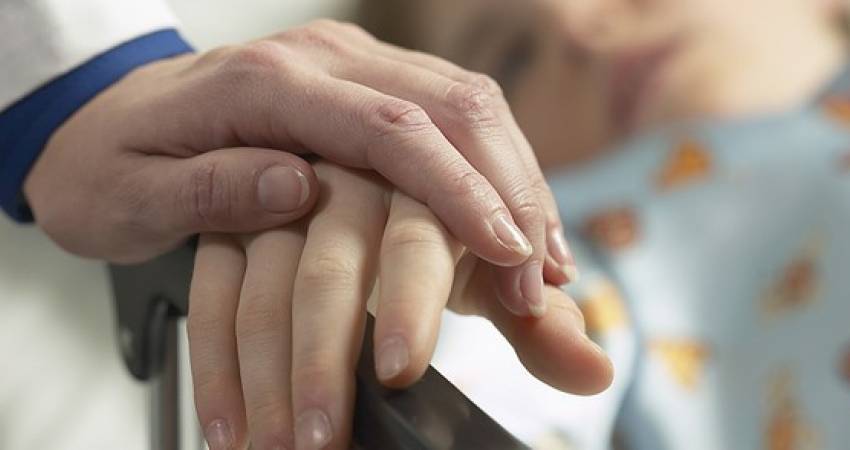
53% of people in Oregon report “fear of being a burden”, as reason for assisted suicide, recent report says
A recent report on assisted suicide in Oregon shows that over 53% of people killed by assisted suicide in 2020 reported the fear of being a burden on family, friends or other caregivers as a reason for wanting assisted suicide. This statistic is sadly consistent with reports from previous years, 54% in 2018, and other states, such as Washington where 51% people gave this as a reason for assisted suicide.
The 2020 report also revealed that 245 people were killed by assisted suicide, a shocking increase of 28% from 2019. Additionally, 71% of people reported loss of dignity, whilst over 94% reported less able to enjoy life, as other reasons for assisted suicide. Of those who were given assisted suicide, over 81% were aged 65 or over.
Reports of feeling like a burden is becoming a devastating trend amongst states where assisted suicide is legal, which brings to light a concern that people are being pressured to end their lives. This raises the question of how has this become acceptable, and what interventions are being put in place to ensure that people no longer feel like they are a burden and must hasten to end their lives as a result.
Late last year, in opposition to the assisted suicide bill being currently proposed in Ireland, the Irish Palliative Medicine Consultants’ Association (IPMCA) wrote to their TDs, pointing out that:
“The High Court ruling in the Marie Fleming case was very clear in this regard: Even with the most rigorous systems of legislative checks and safeguards, it would be impossible to ensure that the aged, the disabled, the poor, the unwanted, the rejected, the lonely, the impulsive, the financially compromised and emotionally vulnerable would not avail of this option to avoid a sense of being a burden to their family and society.”
Making assisted suicide an option can suggest that dependancy on family or other supports is becoming a burden. So it is not surprising that people often report the fear of being a burden as a reason for assisted suicide. Instead, as a society we should do what we can to make people feel loved and accepted regardless of what circumstance they find themselves in, and thus must protect the most vulnerable instead of pushing them towards suicide.
Featured
- Man jailed for 9 years for forced abortion
- Abortion coercion has arrived in Ireland – the NWC are silent
- Review of at-home abortions 'needed after coercion case'
- French Govt to remind 29-year-olds of biological clock
- Huge factor in decline in primary school numbers ignored
- Germany Denies Promoting Abortion Abroad—While Funding Pro-Abortion NGOs
- Govt don’t oppose Coppinger abortion bill at 1st stage
- March for Life: Vance, the White House, and a Divided Pro-Life Movement
- Paris’ Annual March for Life Puts Euthanasia in the Spotlight
- Britain’s seemingly limitless abortion rate
- The importance of the work carried out by Every Life Counts
- Puerto Rico officially recognizes unborn children as ‘natural persons’
- Assisted suicide laws stalled by “complex” legal issues
- Yes, that hideous celebration of 300 abortions is real
- White Crosses Memorial: Dungarvan once again pays its respects to our aborted babies
- Josiah: Abortion Survivor
- Rally for Life 2025
You can make a difference.
DONATE TODAY